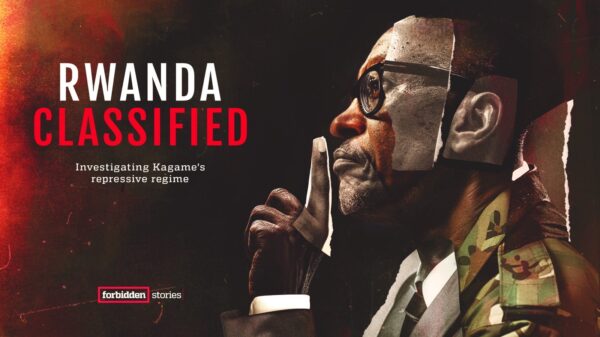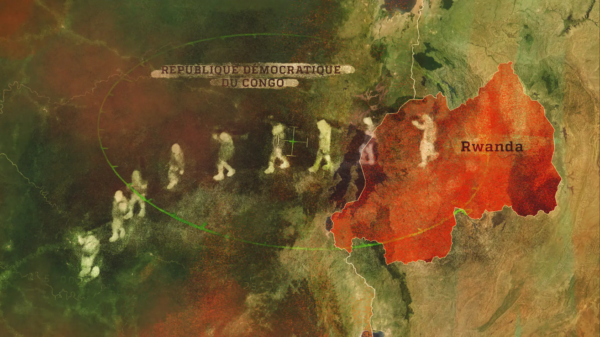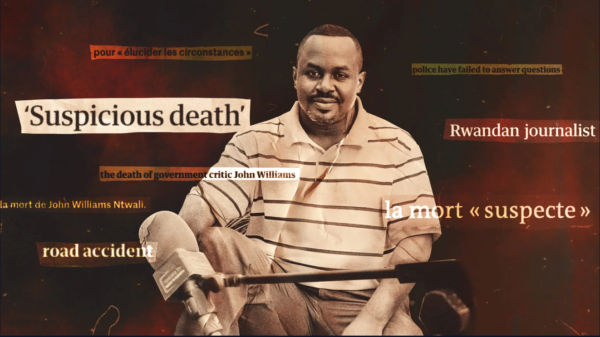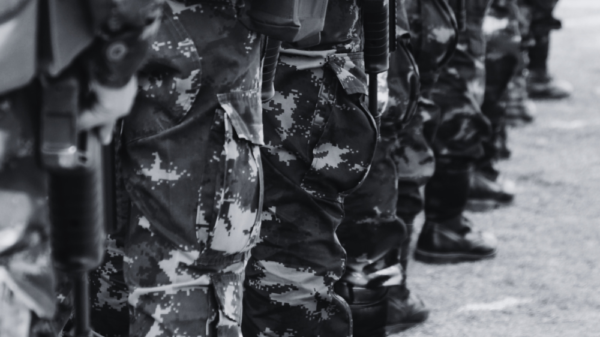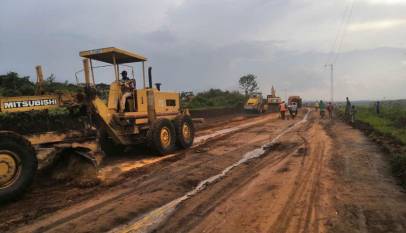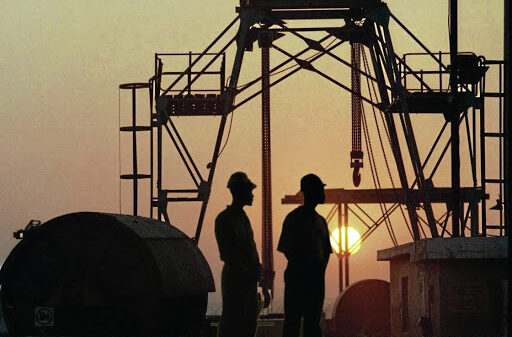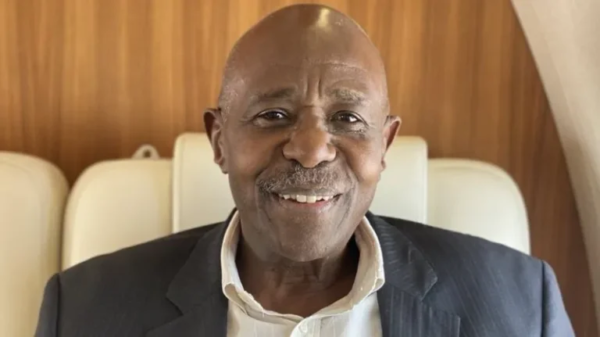In investigative journalism evidence must be proven beyond all doubt, because doubt will be interpreted to the detriment of the hypothesis. If an investigation presents possibilities rather than facts, then it is not yet fully ripe.
If a journalist is unable to provide proof of the incident and connect the perpetrator to it, it will undermine the hypothesis as a whole. The assumption is that the event did not take place and that the perpetrator did not cause it. Disproving this assumption requires solid, provable evidence collected by the journalist. An investigation begins with a hypothesis. A hypothesis starts as a suspicion that something has happened and that somebody is responsible. A good journalist works to develop this suspicion or possibility into certainty. If, after exhausting all your options, you still are not certain, then you may have produced decent journalism but it will not be investigative journalism. Investigative journalism requires conviction, conviction requires certainty, and certainty requires the elimination of any doubt.
Doubt can only be eliminated by marshalling solid, reliable evidence. Suspicion is about events. Do the events make sense? Did they really happen as claimed? Is there evidence to support this? Is there evidence to suggest otherwise? What evidence? Are there official documents? Is there a single account or are there several logical accounts that can be woven together? Another kind of reasonable suspicion arises after study and inspection, after weighing up the evidence and deciding which is more solid and precise or free of problems. A good journalist looks for evidence refuting their hypothesis. This is the best way of avoiding guesswork. Contradictory evidence may demonstrate that the event did not happen as suggested in the hypothesis, and that the error was not deliberate – that it occurred because of a third party wanting it to. In this case you should be fair to the person and seek justice and precision. Evidence may prove that the error was the result not of collusion and bad intentions but dereliction of duty or neglect. This is a very different story, even if the ultimate result is the same.
What constitutes perfect evidence? What constitutes substantiated evidence? What makes evidence unusable? An investigative journalist proves their hypothesis using one or more of the following techniques, depending on the subject matter, the nature of the investigation, and the environment in which they are working.

